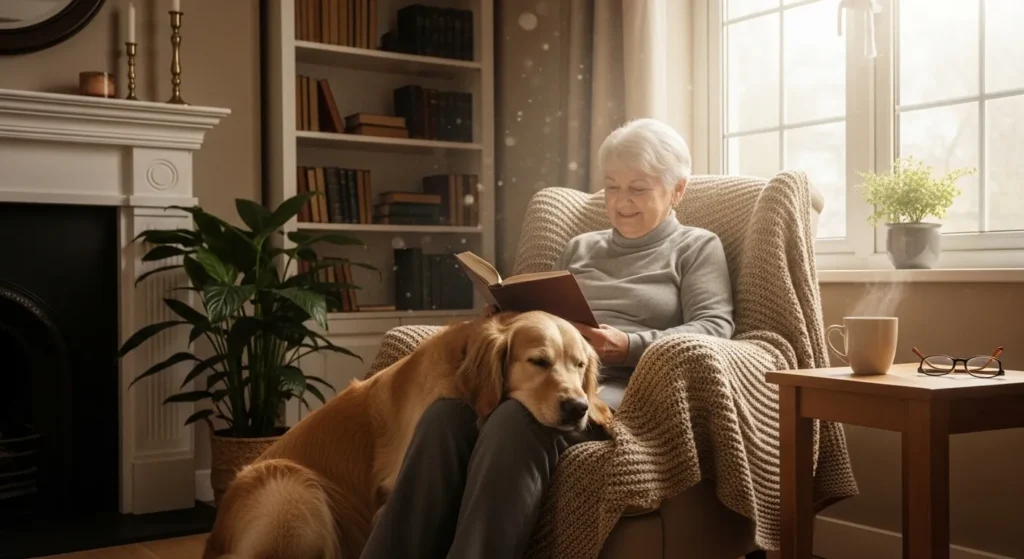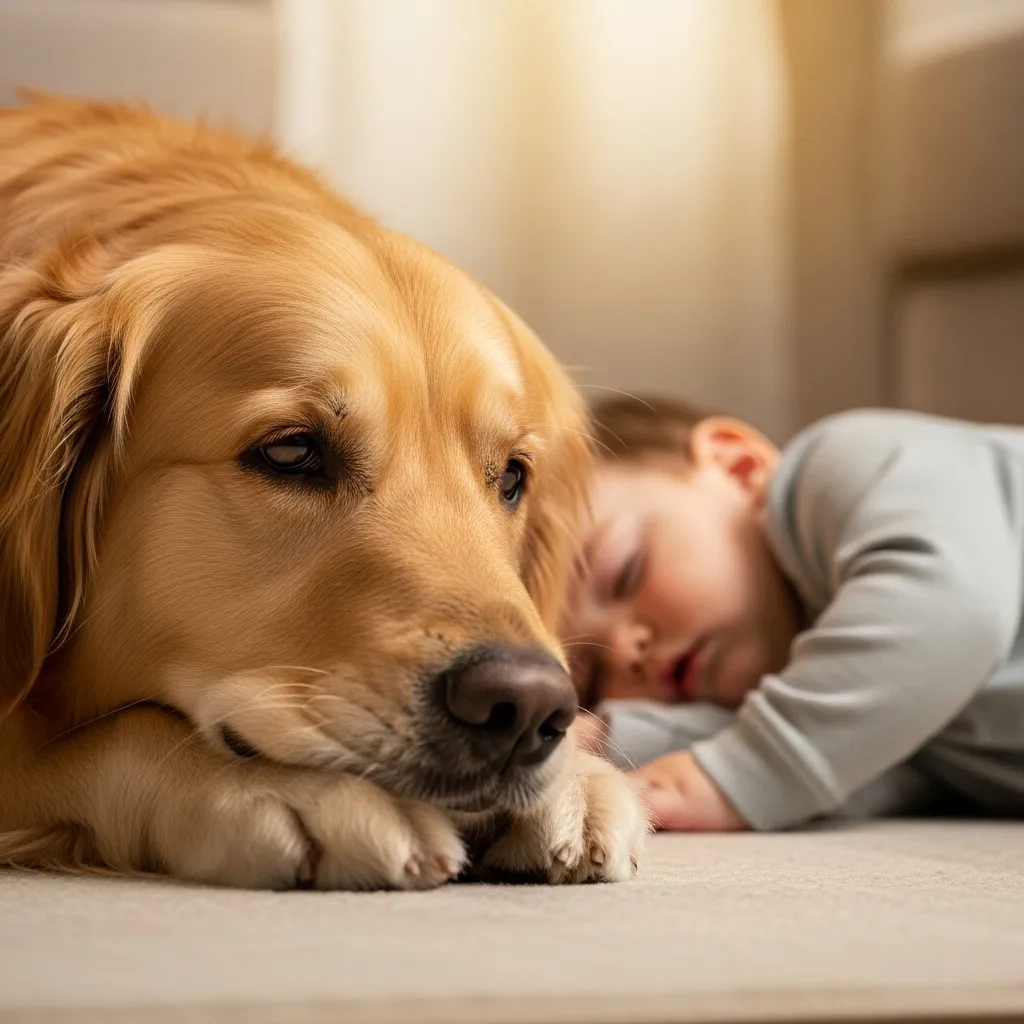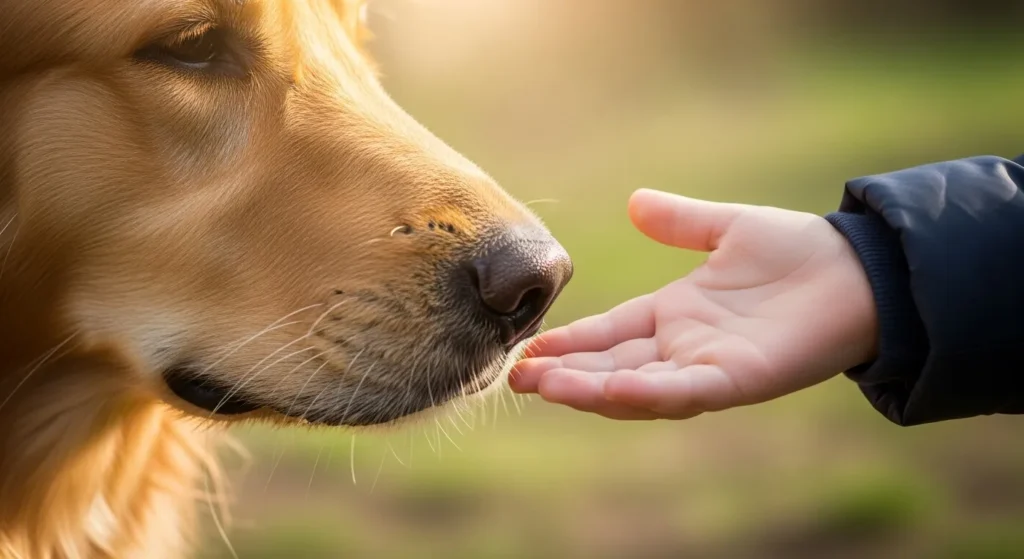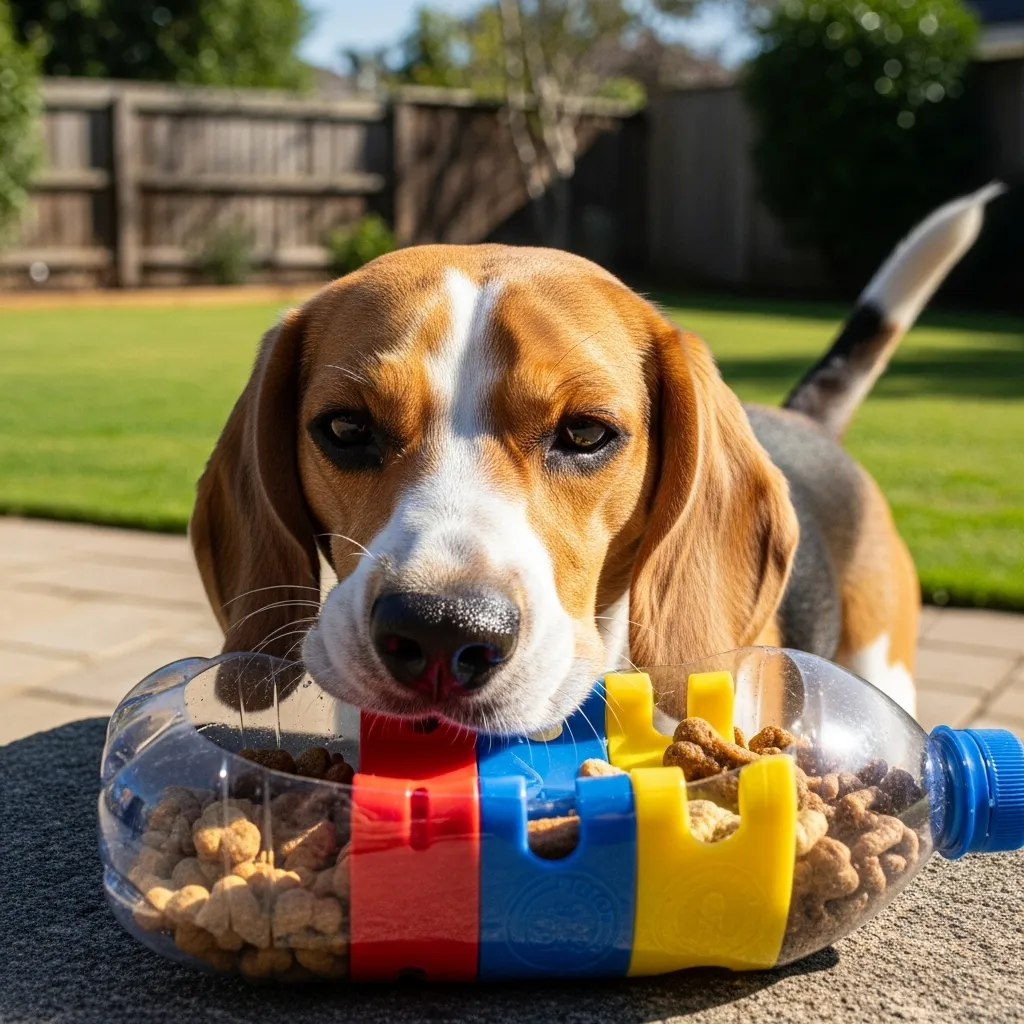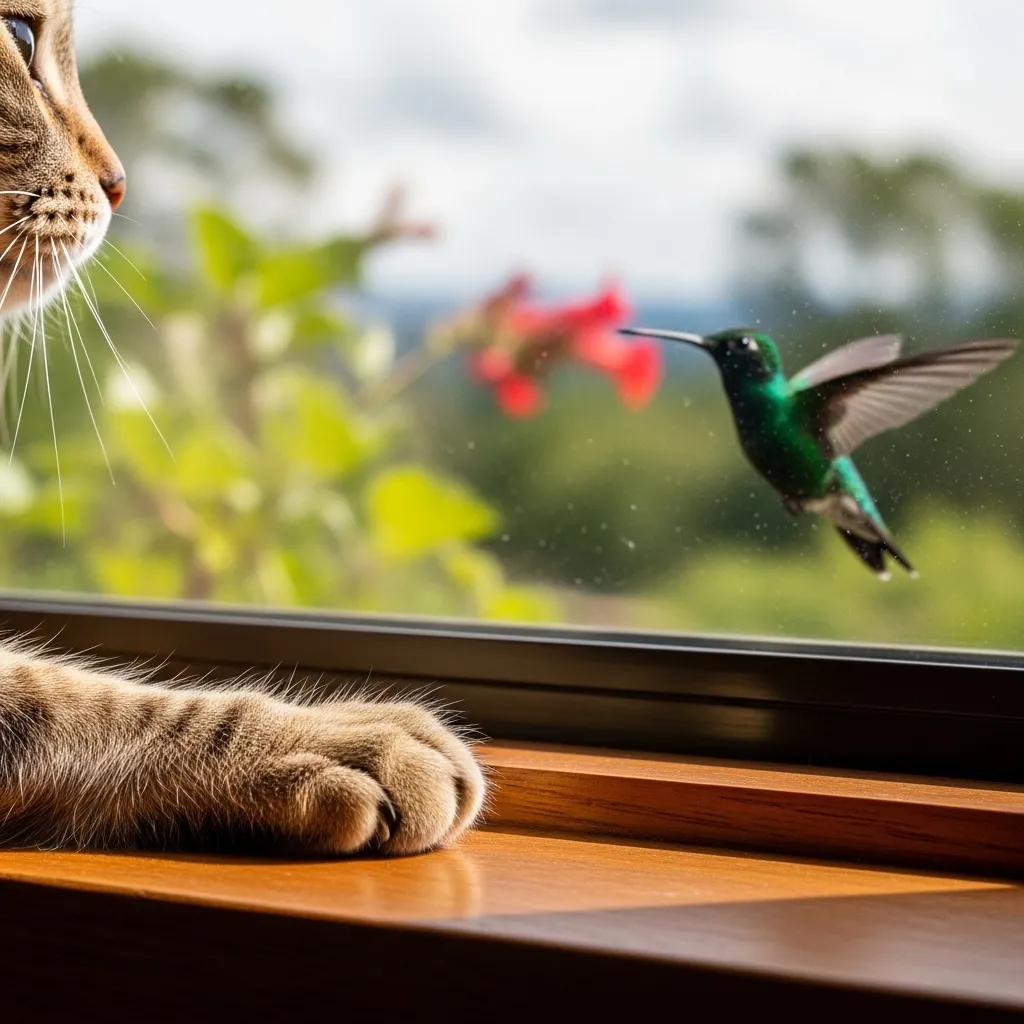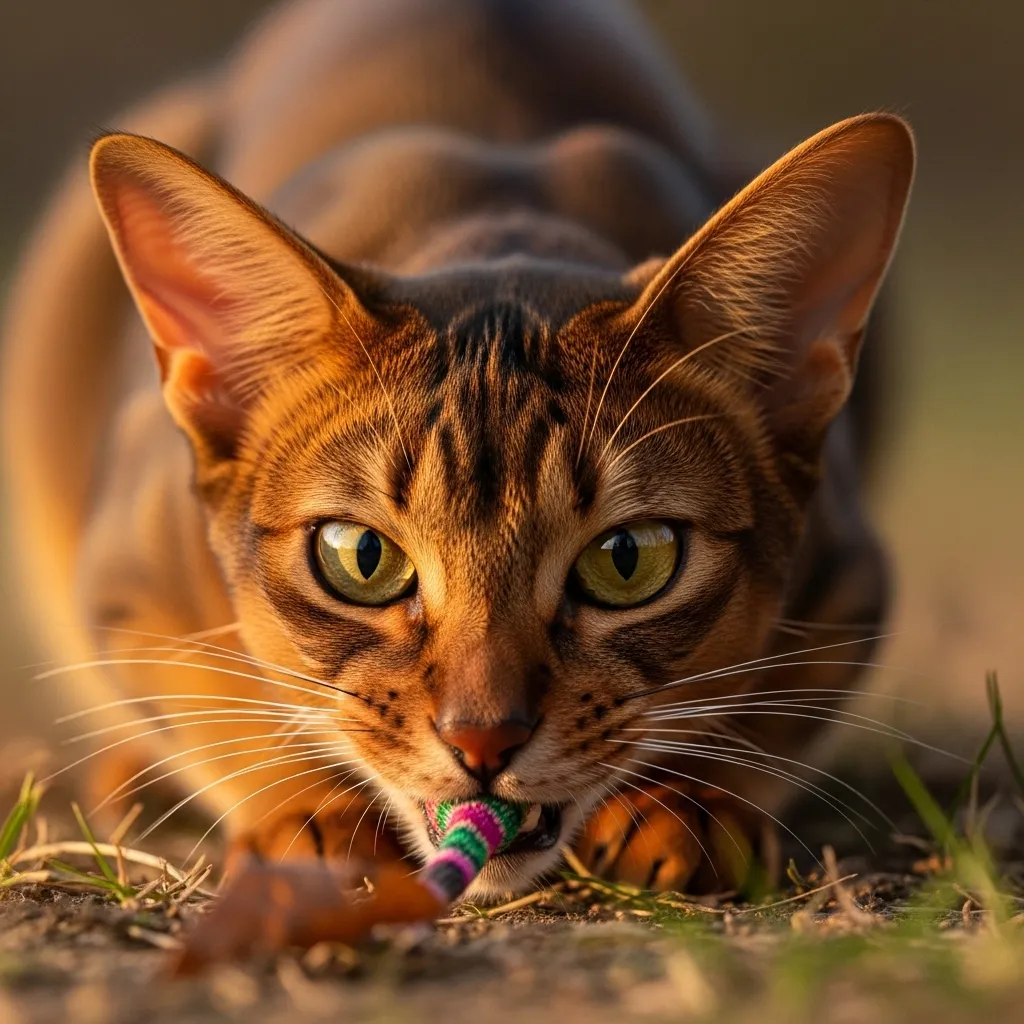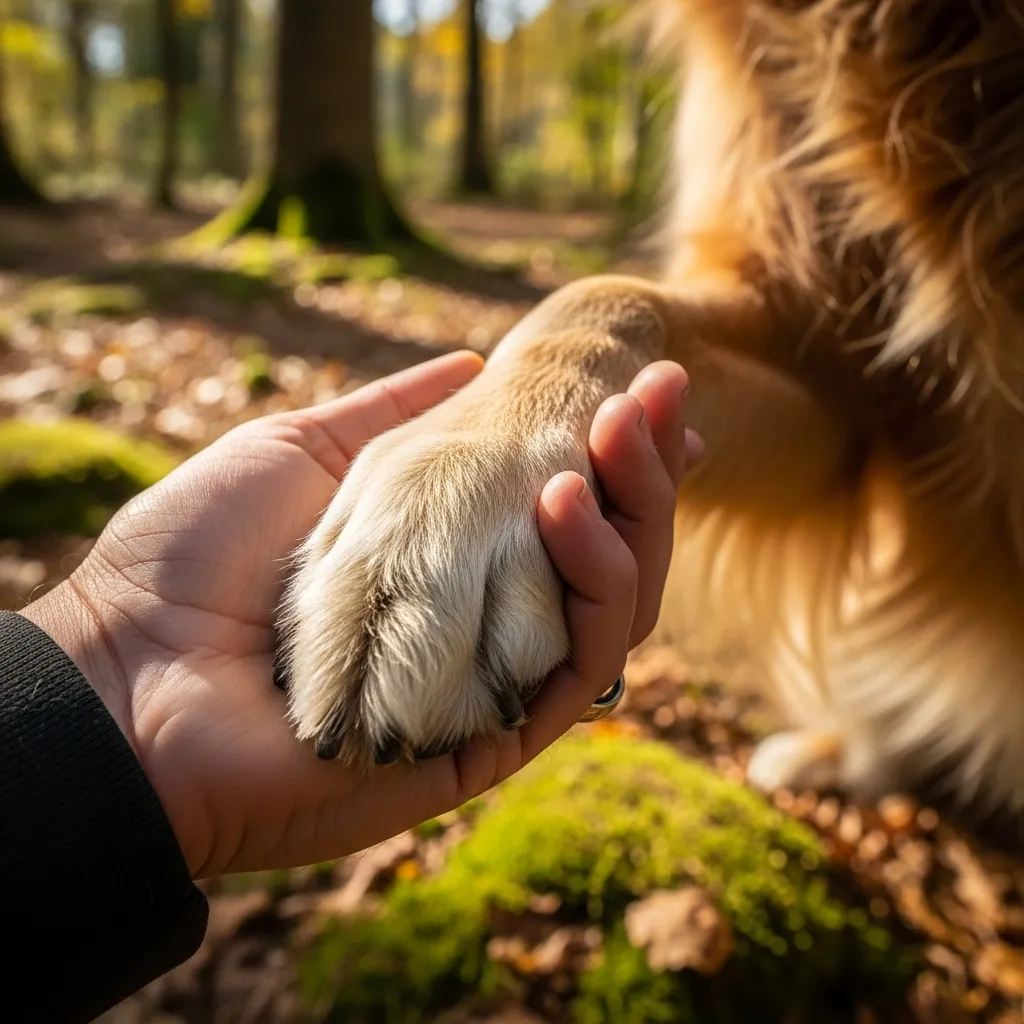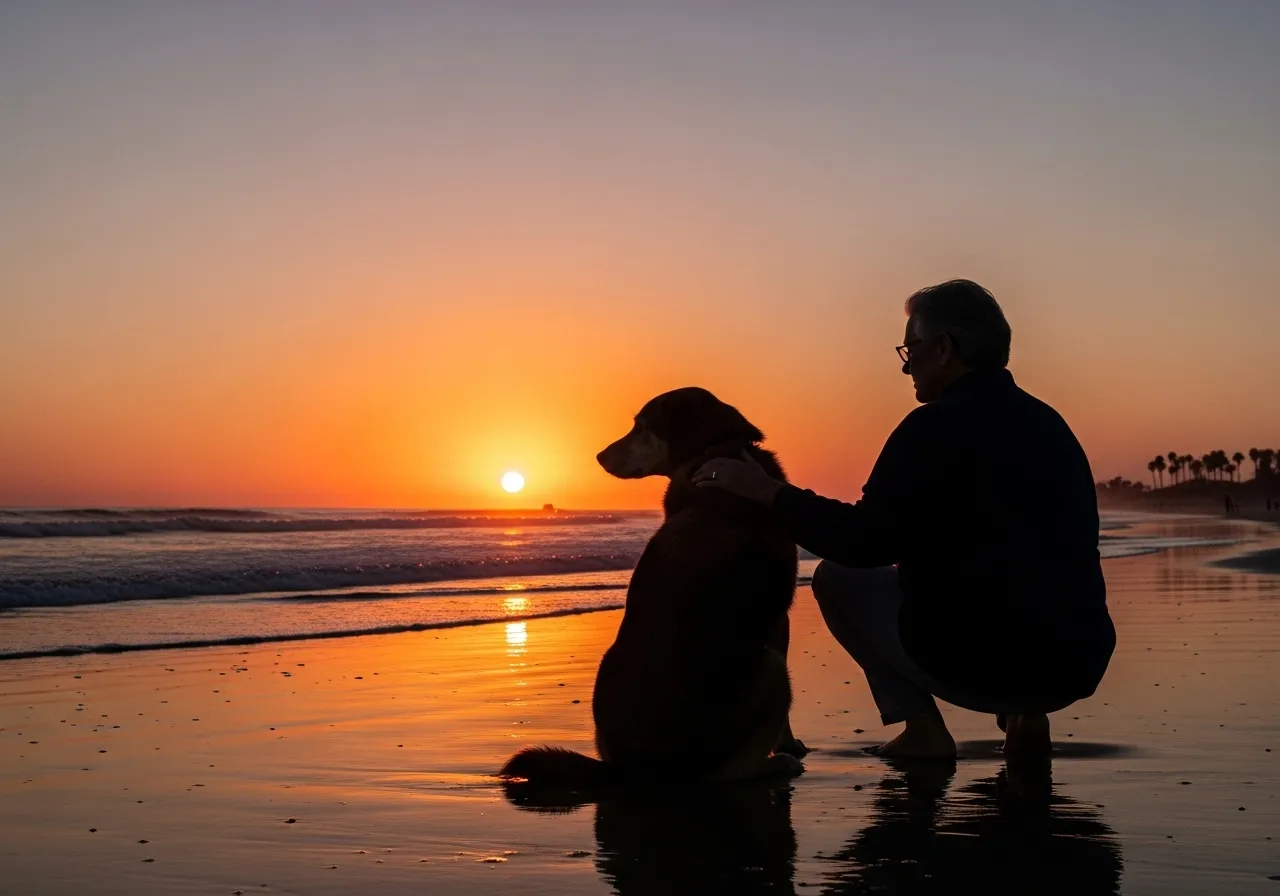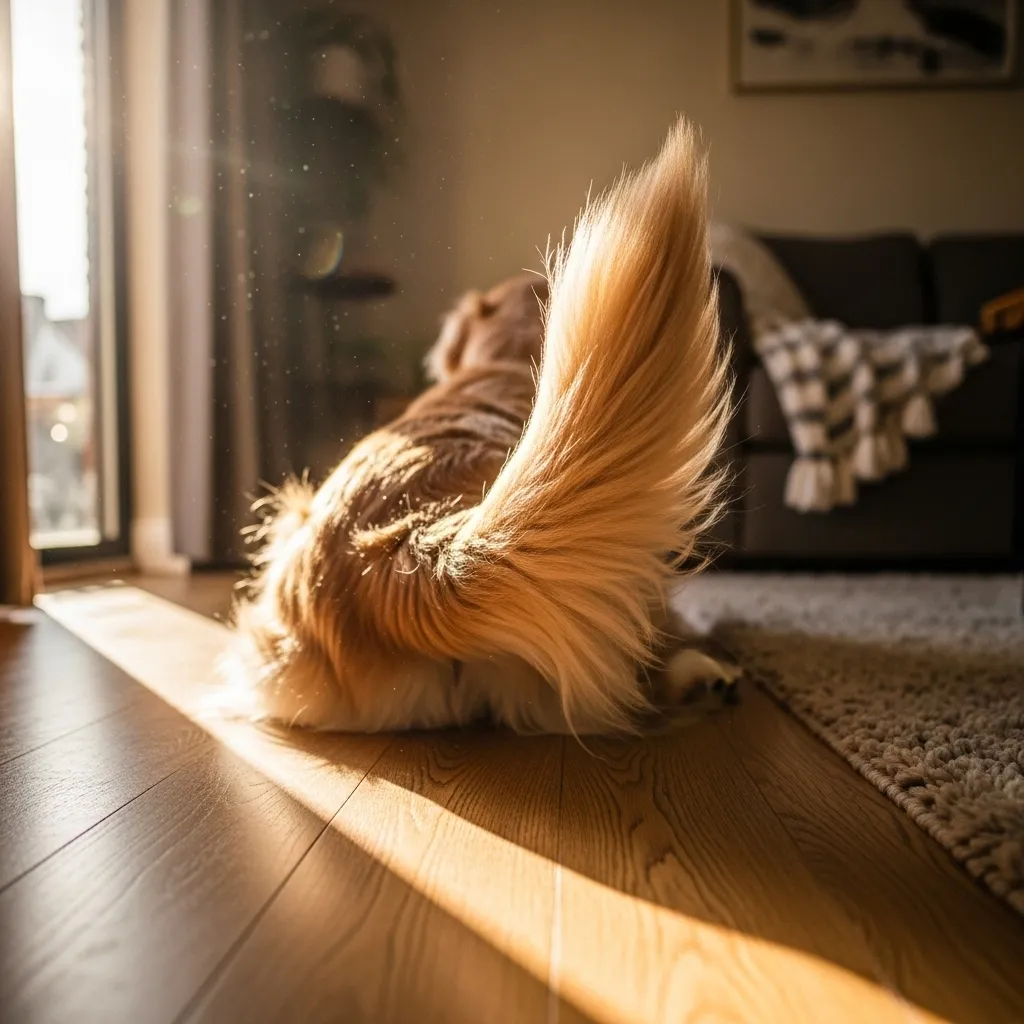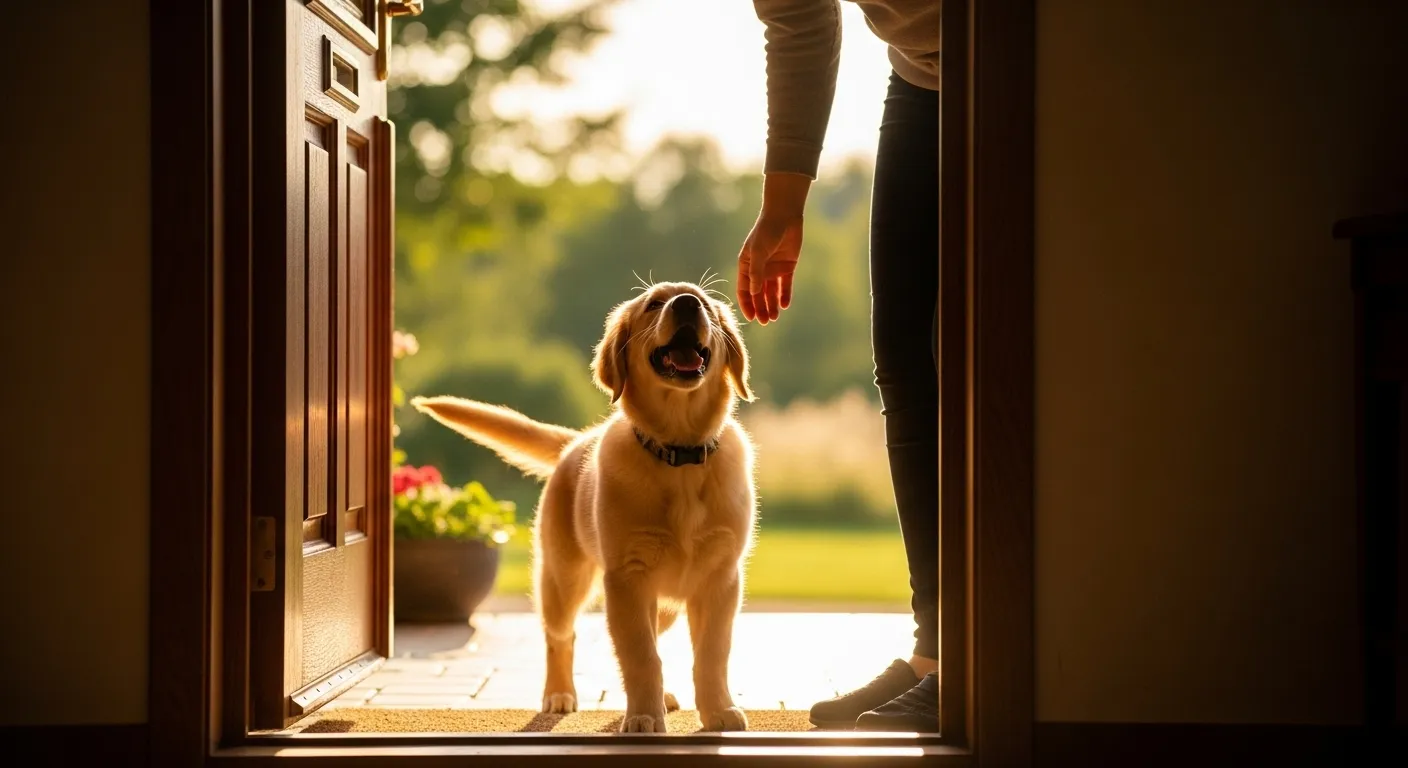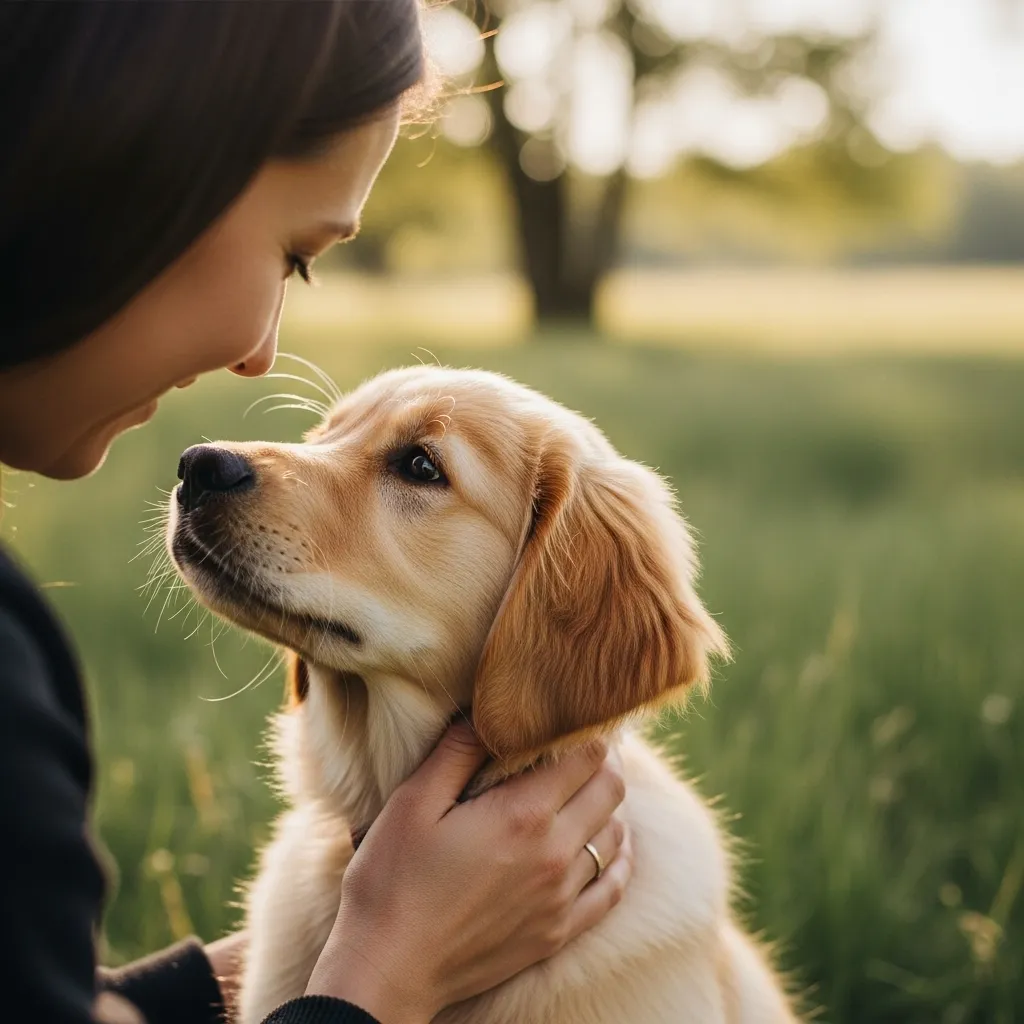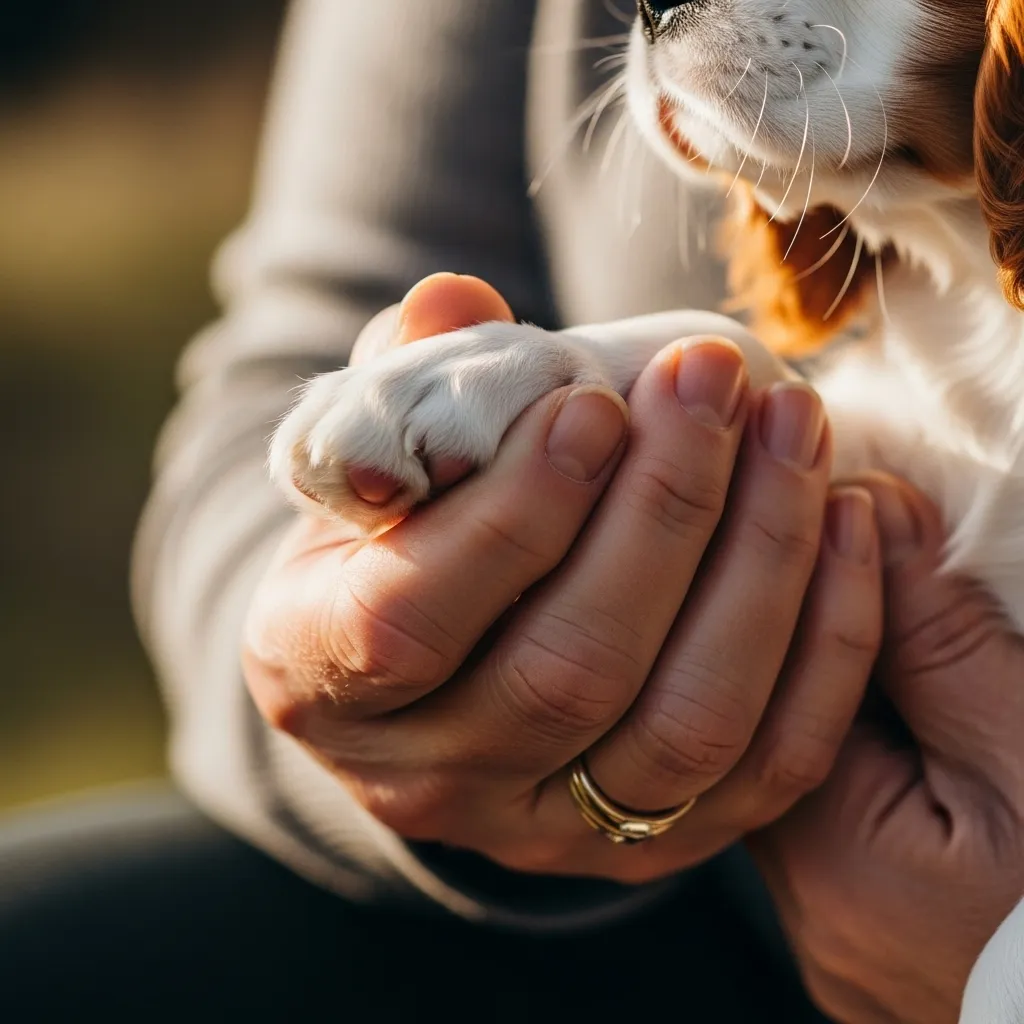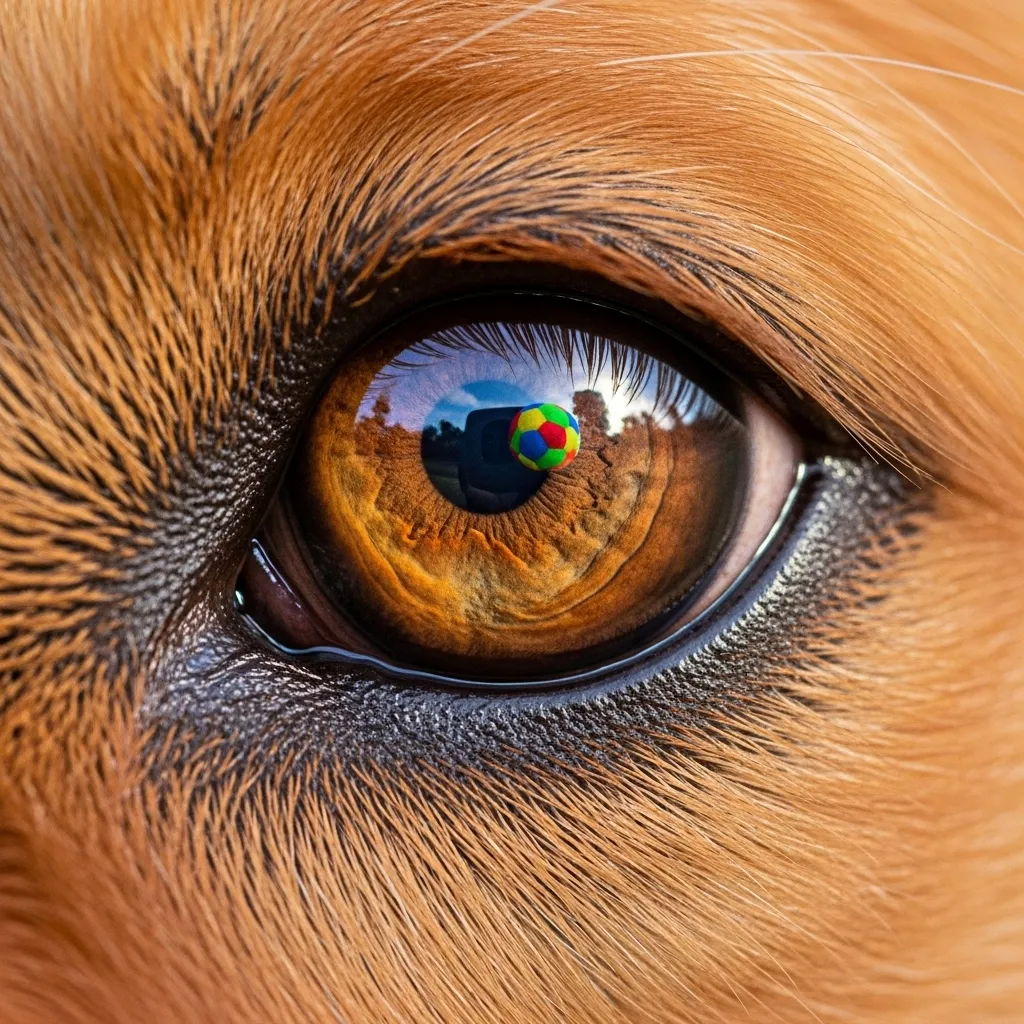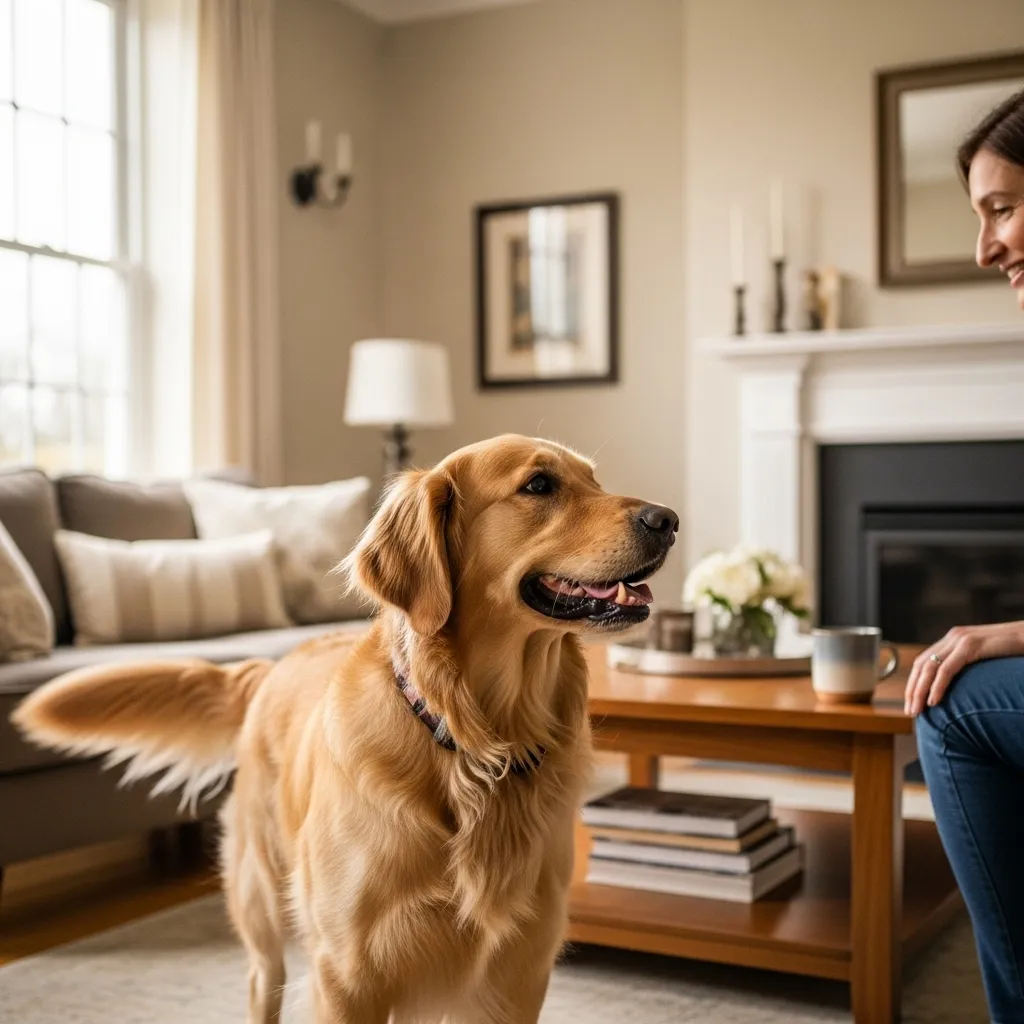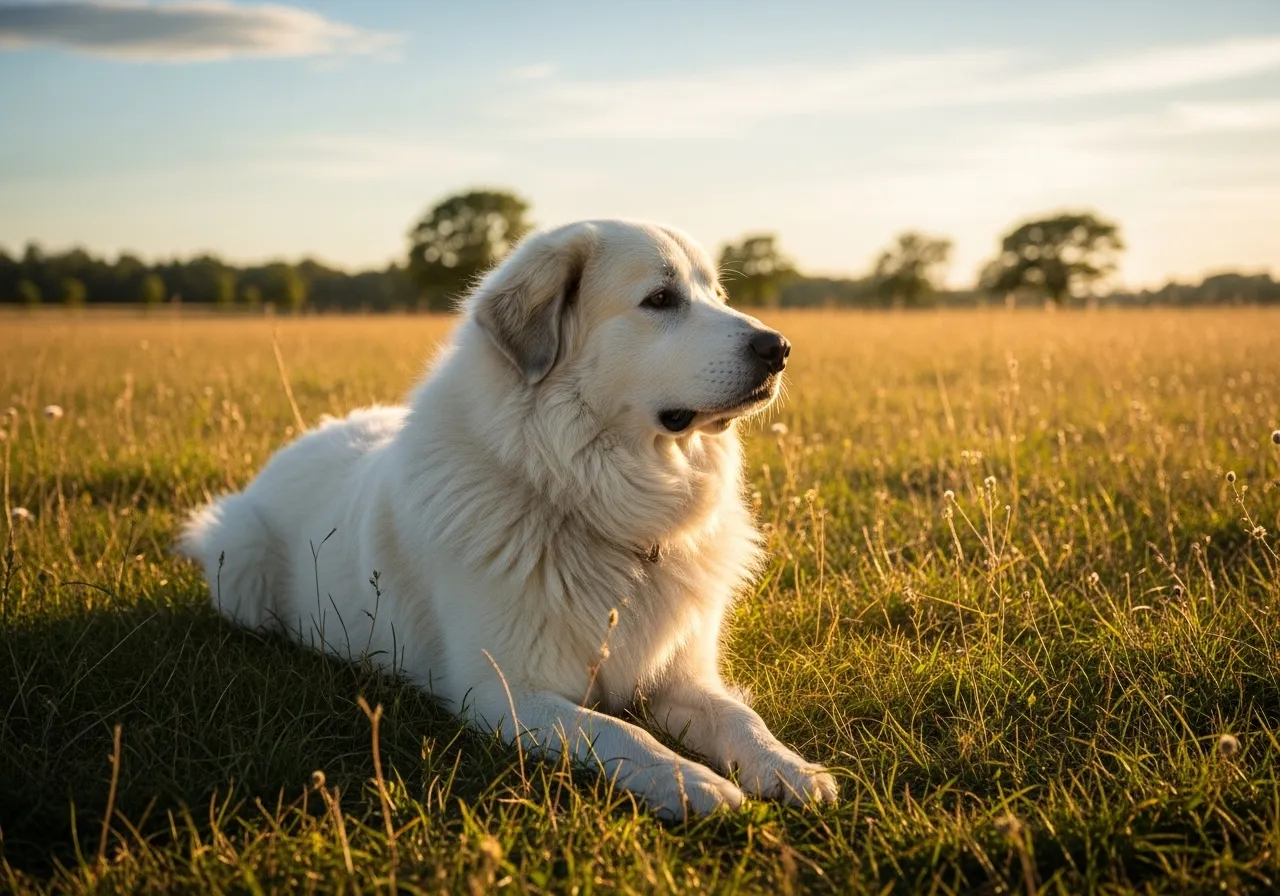
Frequently Asked Questions About Loyal Dog Breeds
What is the most protective dog breed?
This is a common question, and it often comes from a desire for a dog that is deeply bonded and will act as a guardian. Breeds like the German Shepherd, Akita, Rottweiler, and Great Pyrenees were historically bred for protection and often have strong natural guarding instincts. However, it’s vital to understand that “protective” should mean “alert and discerning,” not “aggressive.” A truly protective dog is confident and stable. The most important factor in developing appropriate protective behavior is not the breed, but extensive socialization and consistent training. An untrained, under-socialized dog of a powerful breed is not a protector; it is a liability. Focus on building a strong bond and teaching your dog reliable obedience skills with a certified trainer.
Are small dog breeds loyal?
Absolutely! Loyalty has nothing to do with size. Many small dog breeds are famous for forming incredibly tight bonds with their owners. Breeds like the Chihuahua, Dachshund, and Cavalier King Charles Spaniel are classic “lap dogs” that often attach themselves fiercely to one person. They offer just as much devotion and companionship as their larger counterparts, packed into a smaller, more portable package.
How do I know if my dog is loyal or just has separation anxiety?
This is an excellent question. A loyal dog enjoys being with you and may follow you around the house, but they are generally calm and secure. They can settle down and relax, even if you are in another room, and they can handle being left alone for reasonable periods without panicking. A dog suffering from separation anxiety experiences intense distress when left alone. The key difference is the presence of panic. Signs of separation anxiety often include destructive behavior (especially around exits), frantic and persistent vocalization, or house soiling that *only* happens when the dog is alone. If you are concerned about separation anxiety, the best course of action is to speak with your veterinarian to rule out any medical issues and consult a credentialed professional, such as a Certified Applied Animal Behaviorist (CAAB) or a certified dog trainer who specializes in this issue. You can learn more about pet behavior from resources like the ASPCA.

